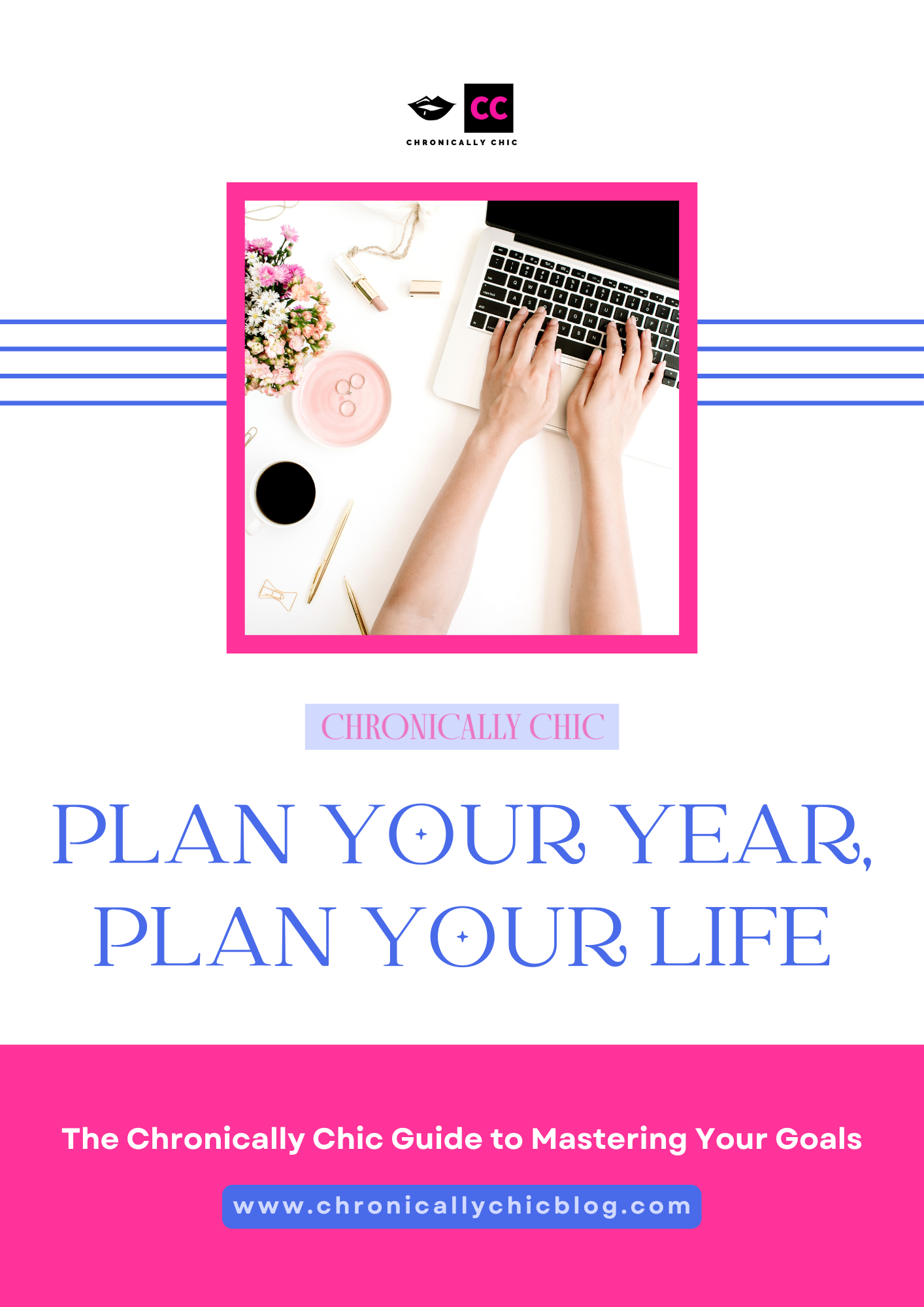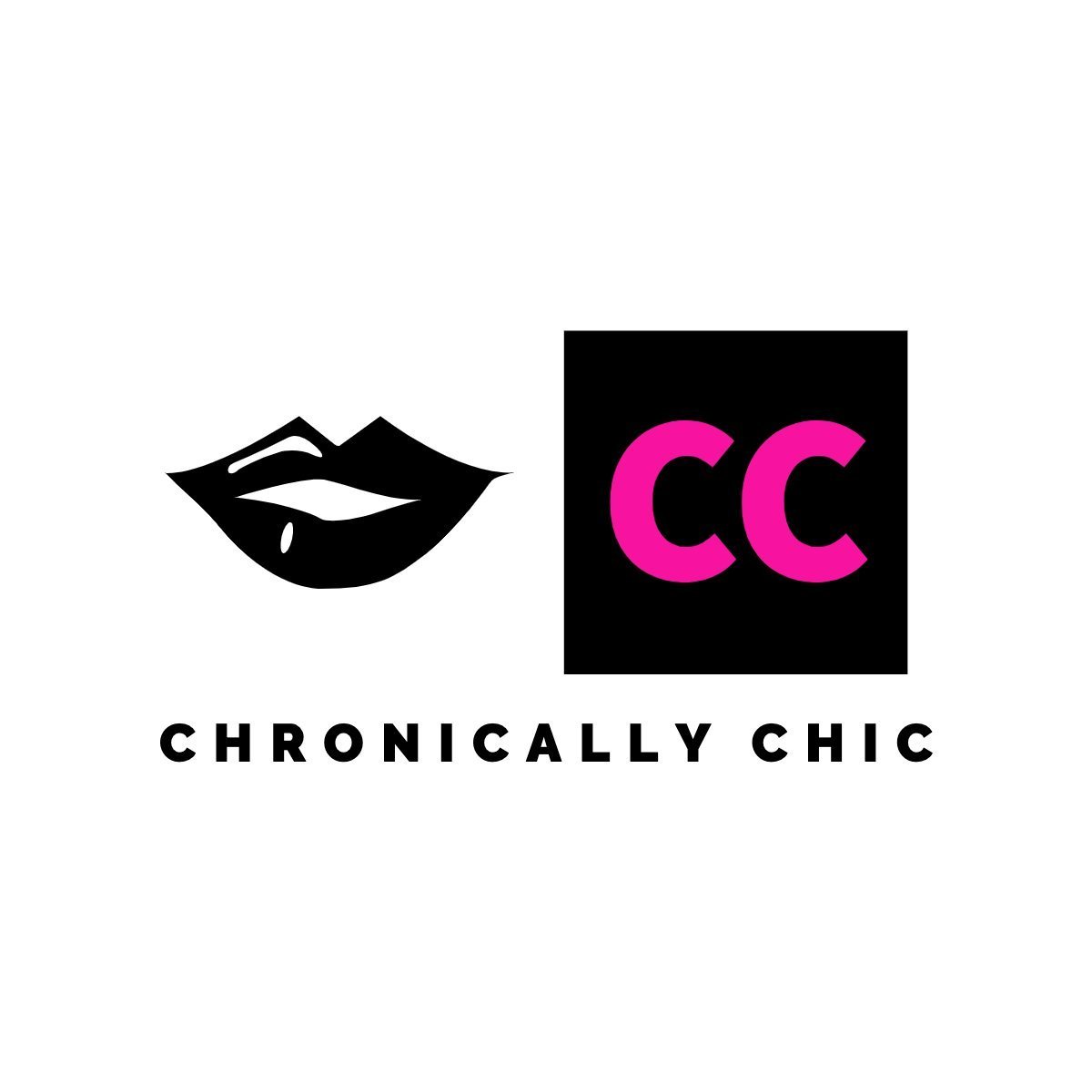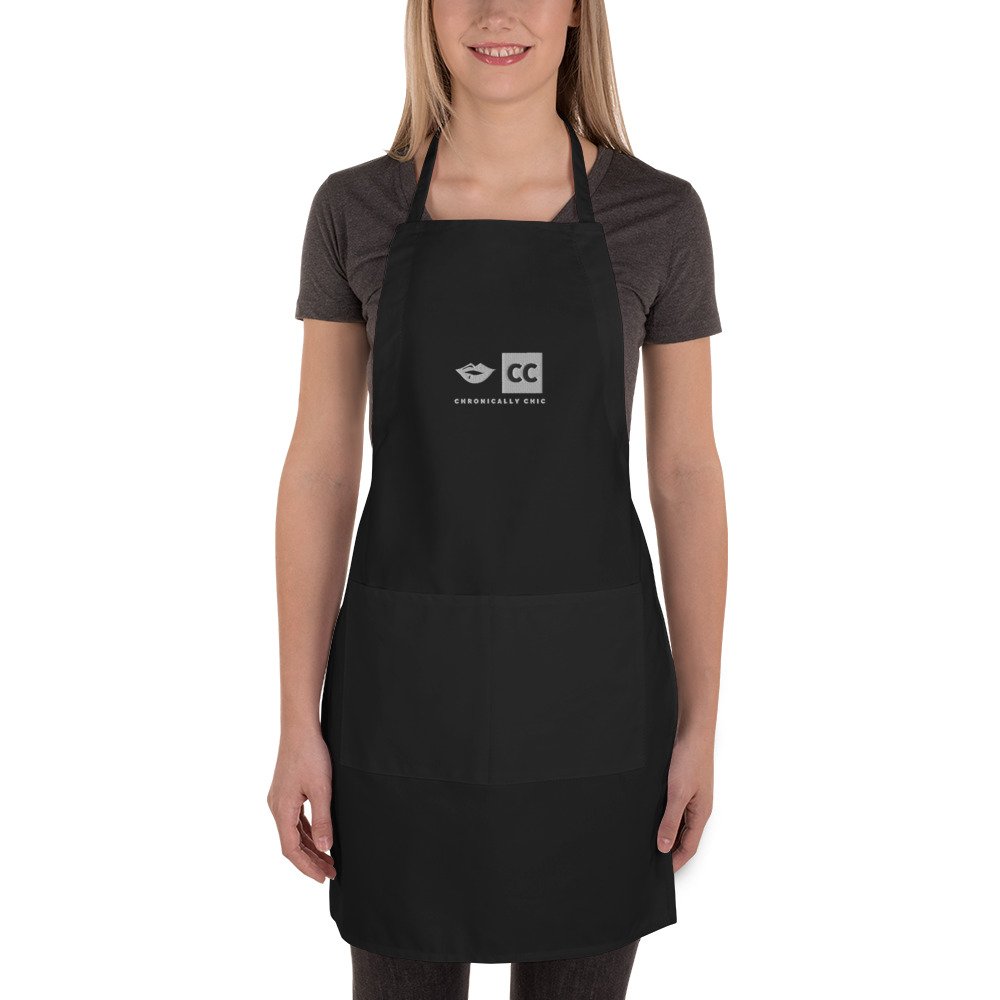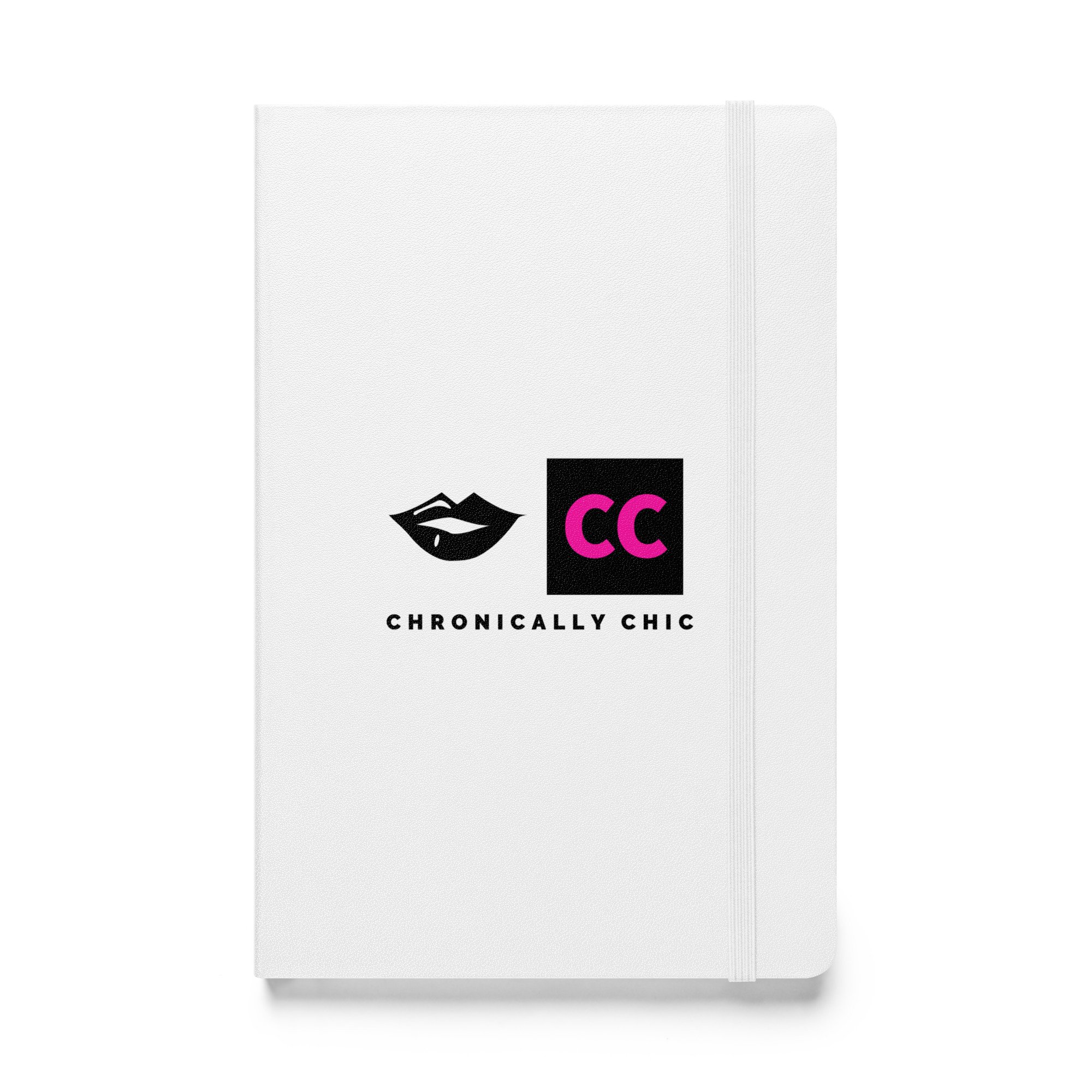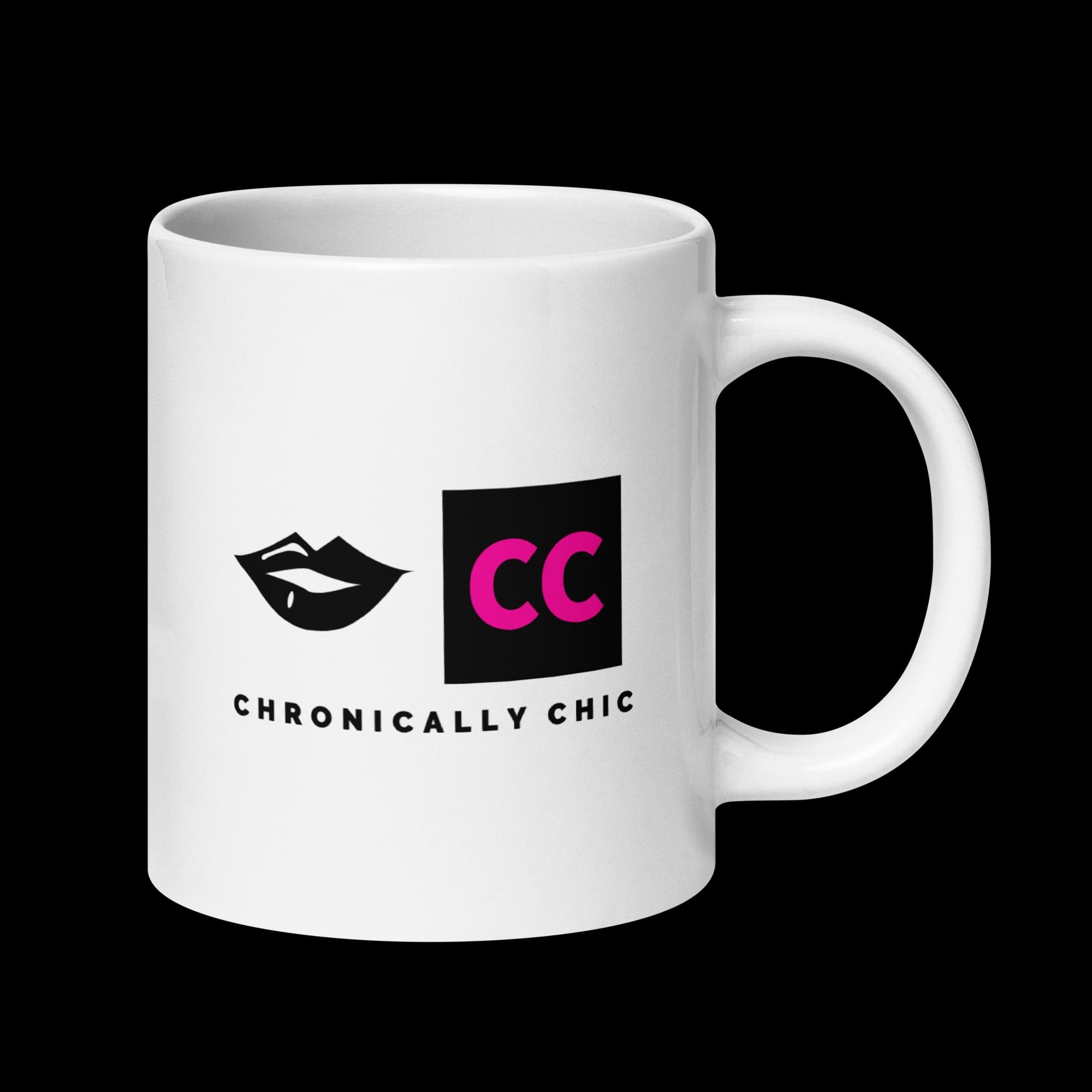What’s Really in Your Hair Care? The Truth About What You’re Using
Hi friends!
Haircare brands love to pretend they’re your BFF, meanwhile, their “clean” shampoo is quietly wrecking your scalp. If your hair’s been dull, frizzy, or just not giving, the ingredients might be the reason. Sulfates, silicones, and fragrance aren’t just buzzwords, they’re the undercover culprits in your daily routine. And don’t even get me started on the greenwashing. You deserve to know what’s actually in those bottles, what’s messing with your hair, and what actually works. Let’s break down the ingredients you need to avoid, the ones that are worth the hype, and how to finally stop wasting money on haircare lies.
We may earn a commission from links on this page, but we only recommend products we love. Promise.
The Problematic Beauty Industry & Products
We’ve all seen those eye-catching labels promising “natural” ingredients or “moisture-boosting” formulas, haven’t we? It’s like a siren song, drawing us in with the allure of beauty and wellness. But the beauty industry isn’t always as transparent as it appears. Many products that look fabulous on the outside might harbor some seriously harmful chemicals inside. It’s no wonder we often end up feeling disappointed when a product doesn’t deliver on its lofty promises. Even worse, some can trigger allergic reactions, scalp sensitivity, or, in some heartbreaking cases, hair loss.
So how are these companies able to sell products marketed as safe and effective if they can cause such issues? Unfortunately, the reality is that there are tons of loopholes in the industry. The FDA regulates food and drugs with a tight grip, but when it comes to beauty products, it’s a whole different ballgame. This allows manufacturers to slap the label “natural” on products that may still contain harmful synthetic ingredients, all without having to provide solid proof for their bold claims. It’s both scary and frustrating when you think about it! So, as you peruse those beauty aisles or scroll through those online shops, remember to read beyond the labels and do a little digging!
Common Harmful Ingredients in Hair Care
Okay, let’s get into what’s lurking in your shampoo or conditioner. Here are some of the most common offenders:
1. Sulfates (Sodium Lauryl Sulfate & Sodium Laureth Sulfate)
You’ve seen these on your shampoo bottle, right? Sulfates are cheap, effective surfactants (basically, they create foam) that strip hair of oils and can leave it feeling dry and brittle. But the problem is that they can be super harsh on your scalp, causing dryness and irritation and even stripping away the natural oils that keep your hair healthy. If you have sensitive skin or a dry scalp, sulfates are a definite red flag.
2. Parabens
Parabens are preservatives used to prevent the growth of bacteria and mold in products. While that sounds helpful, parabens are known to disrupt hormones by mimicking estrogen in the body, leading to potential health risks. They're linked to an increased risk of cancer and can affect fertility, making them a major ingredient to avoid when you’re looking for a safer product.
3. Phthalates
Phthalates are used to make fragrances last longer in your hair care products. But these chemicals have been associated with a variety of health concerns, including hormonal imbalances, reproductive issues, and even developmental problems in children. Phthalates can be absorbed through the skin, so using products with this chemical can be more harmful than you might think.
4. Formaldehyde (and Formaldehyde-releasing Preservatives)
Formaldehyde is a known carcinogen, and it’s used in some hair treatments like keratin straightening or certain shampoos to preserve the formula. If you’re using hair care products with formaldehyde or formaldehyde-releasing ingredients (like DMDM Hydantoin or Quaternium-15), you’re exposing yourself to potential long-term health risks. It’s one of the nastiest ingredients, and it has no place in our beauty routines.
5. Synthetic Fragrances
Ah, the sweet smell of your shampoo. It’s the fragrance that lingers throughout the day, making your hair smell oh-so-lovely. But those sweet smells are often concocted from synthetic chemicals that can be irritating, cause allergic reactions, or even affect your endocrine system. “Fragrance” is often a catch-all term that can mask a blend of hundreds of chemicals, many of which are harmful. It’s best to opt for fragrance-free or naturally scented products.
6. Silicones
Silicones are used to make your hair look shiny and smooth, but they can build up over time, leaving your hair feeling weighed down, greasy, and dull. They can also clog pores on your scalp, leading to scalp issues like dandruff or acne. While silicones might make your hair look temporarily smooth, they often don’t do anything long-term to improve its health.
7. Alcohols (like Isopropyl Alcohol & Ethanol)
These drying alcohols are often added to hair care products to speed up the drying process, but they can strip your hair of moisture, leaving it dry and brittle. Alcohols can also cause scalp irritation and exacerbate conditions like eczema or psoriasis. Look out for words like “alcohol” or “ethanol” on the label if you’re looking for something more nourishing.
😩 Feeling personally victimized by your shampoo label? Grab my free toxic ingredient cheat sheet and ditch the drama. 💌 Sign up here to get the list.
How to Choose Products That Work
I know this is a lot to digest, and it’s easy to feel overwhelmed by all the chemicals lurking in your products. But don’t worry, there’s good news! There’s a whole world of clean, non-toxic, and effective hair care products that are actually good for your hair and scalp. Here’s how to navigate the market and choose the best products for your needs:
1. Read Ingredient Labels Carefully
The best way to avoid harmful chemicals is to read the labels—yes, actually take a minute to look at what you’re putting on your hair. Ingredients are listed in order of quantity, so the first few ingredients are what’s most abundant in the product. Choose products that list nourishing, natural ingredients at the top, like aloe vera, shea butter, coconut oil, and plant-based oils.
2. Look for Certifications
Certain certifications, like organic, fair trade, or cruelty-free, can give you peace of mind when choosing products. While these labels don’t guarantee that a product is 100% free from harmful chemicals, they often indicate a higher standard for safety and sustainability.
3. Stick to Simple, Natural Ingredients
Sometimes, less is more. Look for shampoos and conditioners with simple, natural ingredients that you can pronounce, like honey, avocado, jojoba oil, and chamomile. These are much gentler on your hair and scalp, and they help nourish and strengthen your strands without causing damage.
4. Avoid Products with Harsh Chemicals
Stick to products that are free from sulfates, parabens, phthalates, formaldehyde, and silicones. Choose products that focus on gentle cleansing and nourishing ingredients instead. Your hair will thank you, and so will your scalp.
5. Know Your Hair Type
Not all hair is the same, so it’s important to choose products that match your hair type and texture. Whether you have curly, straight, fine, or thick hair, there’s a product out there that’s perfect for you. Don’t get distracted by trendy products!! Go for something that works for your hair needs.
My Go-To Hair Care Products for Happy Hair
Over the years, I’ve tried a ton of hair care products, and while I’m always experimenting, there are a few that I swear by for keeping my hair shiny, healthy, and looking its best. These products are gentle, effective, and free from the nasties I mentioned above. Here are my top picks:
1. Boldly Basic Shampoo
If you're looking to remove buildup and impurities without stripping your hair, this is my go-to. It’s sulfate-free, and it does a fantastic job of cleansing without drying out your scalp.
2. Seen Magic Serum
This is a holy grail product for anyone with dry, frizzy, or unruly hair. I love how this lightweight serum nourishes and hydrates without weighing hair down.
3. Hyalogic Episilk Conditioner
This conditioner is perfect for everyday use. It’s gentle and moisturizing, and it helps to prevent tangles and leaves hair more manageable. Rinses easily without excess residue or build-up and leaves hair feeling clean and healthy.
4. Pete & Pedro Texture Volumizing Powder
If you have a sensitive scalp or if you struggle with buildup, this powder provides incredible styling versatility, weightless volume, amazing texture, and an all-day hold that can be restyled at will. Long been a secret of the pros, this is the styling aid that does everything but makes it look as though you've used nothing at all!
Make Better Choices for Your Hair & Health
It’s easy to get sucked into the marketing hype and promises of “perfect hair,” but the truth is that healthier hair starts with understanding what’s in your products. Take a few minutes to check the labels on your hair care products. I promise it's worth the effort. Once you make the switch to more natural, effective products, your hair will thank you!
TL;DR
Key Takeaways:
Common harmful ingredients in hair care products include sulfates, parabens, phthalates, formaldehyde, silicones, and synthetic fragrances.
These chemicals can cause scalp irritation, dryness, hormonal disruption, and long-term health risks.
Read labels carefully and choose products with natural, simple ingredients that match your hair type.
Avoid products with harsh chemicals and go for gentle, nourishing formulas instead.
FAQ’s
Q1: What ingredients should I avoid in hair care products if I have a sensitive scalp?
Answer: When your scalp is sensitive, steer clear of sulfates like Sodium Lauryl Sulfate and Sodium Laureth Sulfate because they strip natural oils and cause dryness or irritation. Also, avoid synthetic fragrances, drying alcohols, and parabens, which can aggravate sensitivity and cause itchiness or redness.
Q2: Are parabens in shampoo really harmful to my health?
Answer: Yep, parabens are preservatives that mimic estrogen and can mess with your hormones. Studies link them to increased cancer risks and fertility problems. So if you want safer haircare, ditch shampoos and conditioners containing parabens. Look for “paraben-free” on labels to be safe.
Q3: How can I tell if my shampoo contains toxic chemicals like formaldehyde or phthalates?
Answer: Check the ingredient list for formaldehyde-releasing preservatives such as DMDM Hydantoin or Quaternium-15, these are sneaky little devils. For phthalates, it’s tricky because they hide under “fragrance,” so it’s best to pick fragrance-free or naturally scented products to avoid these hormone disruptors.
Q4: What are the best natural ingredients to look for in hair care products that nourish hair without damage?
Answer: Stick to ingredients you can pronounce and trust, like aloe vera, shea butter, coconut oil (if you can tolerate it), jojoba oil, and chamomile. These provide moisture, strengthen hair, and soothe the scalp without harsh chemicals.
Q5: Why are silicones bad for my hair, and how can I avoid buildup?
Answer: Silicones make hair look shiny but they build up over time, weighing your hair down and clogging your scalp’s pores. To avoid buildup, look for products labeled “silicone-free” and use gentle, sulfate-free shampoos to cleanse thoroughly without stripping moisture.
Q6: What’s the difference between drying alcohols and nourishing alcohols in hair products?
Answer: Drying alcohols, like isopropyl alcohol and ethanol, strip moisture and can make hair brittle. Nourishing alcohols, such as cetyl alcohol and stearyl alcohol, actually help moisturize and soften hair. Always scan ingredient lists to avoid drying alcohols if your hair is prone to dryness.
Q7: How do I choose hair care products that actually match my hair type?
Answer: Know your hair’s texture and needs. Curly hair loves moisture-rich products with oils and butters; fine hair does better with lightweight formulas to avoid heaviness. Always pick products tailored to your hair type, not just what’s trendy or marketed as “miracle” cures.
Q8: Are “natural” or “organic” labels on hair products reliable indicators of safety?
Answer: Not always. The beauty industry’s rules on these terms are loose, so “natural” products might still contain harmful chemicals. Look for reputable certifications like USDA Organic or cruelty-free seals for a bit more reassurance, but always check the ingredient list yourself.
I’d Love to Hear from You!
Have you ever checked the ingredients in your hair care products? Are there any surprises in your current routine? Share your thoughts with me in the comments below, I’d love to hear your experiences! And if you’re looking for more tips and tricks, don’t forget to sign up for my newsletter to stay updated! 💖
Affiliate Link Disclaimer: This blog may contain affiliate links to products and/or services. If you purchase using one of these links, I may earn a small commission at no extra cost. The commission helps support the maintenance of this blog and allows me to continue providing valuable content to my readers. I only recommend products and services I genuinely believe in and have personally used or thoroughly researched. Your support through these affiliate links is greatly appreciated and helps me in my mission to share helpful information and recommendations!




